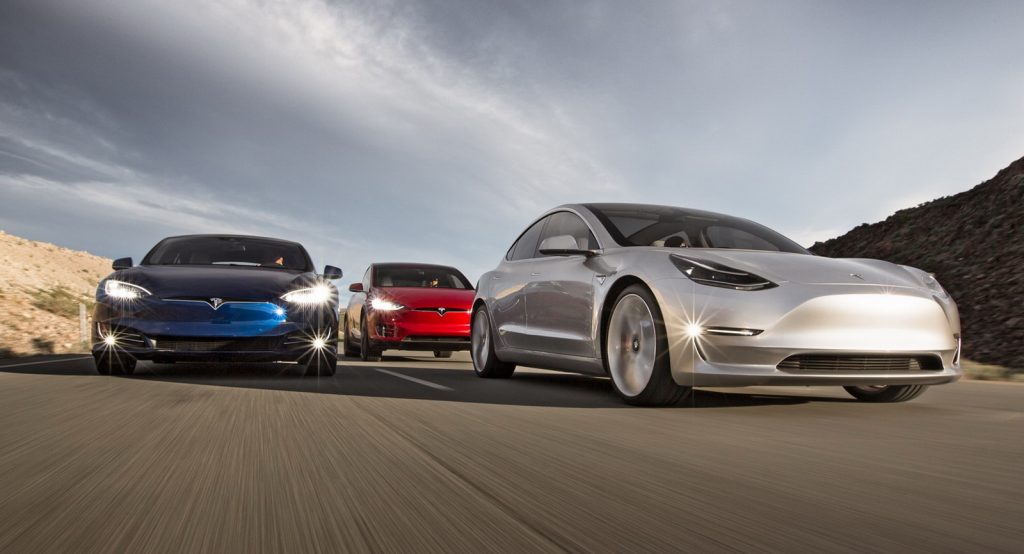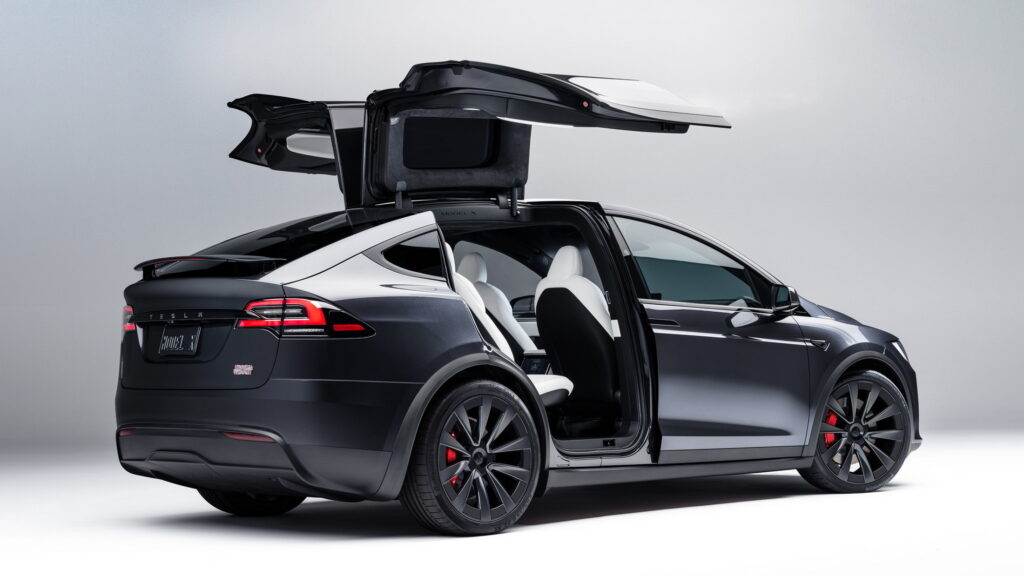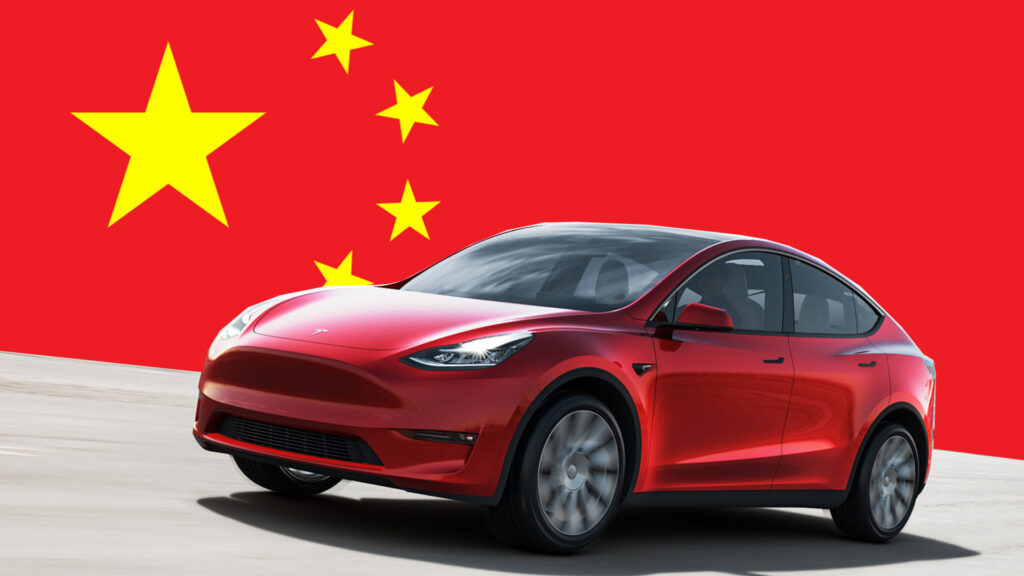A growing number of venues affiliated with the Chinese government are implementing entry restrictions for drivers of Tesla vehicles over security concerns.
Restrictions like this are not entirely new, with tensions between the U.S. and China previously prompting Tesla bans across military bases. Over the past year, the number of venues implementing similar bans has grown and now includes government affiliates, local authority agencies, highway operators, exhibition centers, and cultural centers.
Speaking with Nikkei Asia, residents living near the Grand Halls conference center in Shanghai have revealed that Tesla vehicles are banned from entering the grounds and cannot even pass through. Indeed, one resident said event organizers at the event will inform attendees ahead of time to not drive or hire a Tesla vehicle to attend the venue.

These aren’t the only Tesla bans being implemented across China. At last year’s World University Games in Chengdu, some routes were blocked to Tesla vehicles and at a detention center in the Sichuan province, Tesla drivers were informed they could not even enter the parking lot and had to park at least 50 m away.
Last year, an airport in Yueyang also barred Tesla cars from entry and asserted that the Sentry Mode could expose sensitive information about the geography and landscape of the local area. The American car manufacturer has looked for ways to quell security fears across China and in August 2023, opened a local data center where it says all data generated by vehicles sold in China is stored locally.
Read: Chinese Army Bans Tesla Cars From Entering Its Facilities On Safety Concerns
According to Counterpoint analyst Abhilash Gupta, security concerns probably won’t have a big impact on the brand’s local sales.
“While national security complexities persist, these issues are likely to have minimal impact on Tesla’s competition with local players, given the company’s established reputation and proactive approach in addressing security challenges,” Gutpa said. “In the medium to long term, the Chinese electric vehicle market appears to be favoring local brands like BYD over foreign counterparts. This local advantage is particularly crucial given the cutthroat competition in China’s saturated EV market, where sluggish adaptation to electric vehicles has left some international players struggling.”




